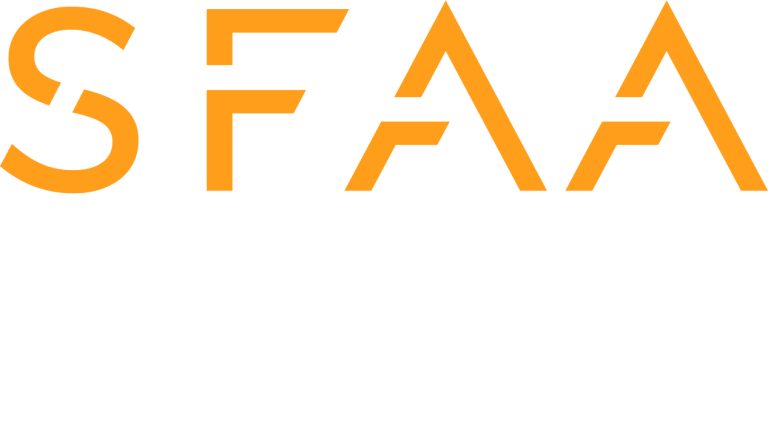
Employment scams are nothing new — but they’re becoming more common, especially in the wake of mass layoffs from the Department of Government Efficiency.
With thousands of federal workers suddenly out of a job, scammers are seizing the opportunity. They often create fake job listings by mimicking legitimate employer websites, hoping to trick desperate job seekers into handing over sensitive personal and financial information.
According to the Federal Trade Commission, job and fake employment agency scams have nearly tripled since 2020. Americans lost $501 million to these schemes in 2024 — up from $90 million four years ago. The FBI’s Internet Crime Complaint Center reports that victims of job scams lose nearly $3,000 on average.
If you’re currently job hunting, there are a few red flags worth knowing about — and avoiding them could save you serious money and a major headache.
Don’t miss
- I’m 49 years old and have nothing saved for retirement — what should I do? Don’t panic. Here are 5 of the easiest ways you can catch up (and fast)
- Thanks to Jeff Bezos, you can now become a landlord for as little as $100 — and no, you don’t have to deal with tenants or fix freezers. Here’s how
- Gain potential quarterly income through this $1B private real estate fund — even if you’re not a millionaire. Here’s how to get started with as little as $10
Keeping a look out
Job hunting has never been easy — between constantly updating your resume and rewriting cover letters, the process can already feel like a full-time job. But now, employment scams are adding another stressful layer to the search.
Even if you’re not actively hunting for a new job, sometimes a too-good-to-be-true offer lands right in your inbox. On the Job Scam Report podcast, Ashley Price-Horton, founder of CyberCareer Advancement, explained just how easy it is for scammers to zero in on vulnerable targets.
“It’s really easy to identify who was a federal employee who got laid off because they’ll usually put their end date and it’s very easy to target them for scams,” she said.
That’s exactly what happened to a Washington state woman, whose identity was kept anonymous by The Washington Post. While browsing LinkedIn, she was approached by someone claiming to be “Edward Mueller” from a nonprofit offering her a remote transcriptionist job.
“Your skills and experience align perfectly with the requirements of this role,” the email read. It even included the promise of a $250 training bonus.
But the woman was quick to feel suspicious when — before she could start — she’d need to purchase expensive equipment and provide her banking information for payroll.
“Something didn’t seem right to me with the correspondence and hiring process,” she told The Washington Post.
The offer seemed rushed. She couldn’t find Mueller’s profile online. That was the red flag.
Read more: Want an extra $1,300,000 when you retire? Dave Ramsey says this 7-step plan ‘works every single time’ to kill debt, get rich in America — and that ‘anyone’ can do it
Spot the scam
Scammers have gotten alarmingly good at making fake job offers look legit — but there are still ways to outsmart them before you accidentally hand over your personal details.
Start by verifying the job listing. Search for the company on your own and contact them directly using information from their official website — not the phone number or email the supposed recruiter sends you. If something feels off, it probably is.
Another golden rule is you should never have to pay to get a job. If you’re asked to buy equipment or deposit a check upfront, that’s a major red flag. A common scam involves sending you a check for more than the equipment costs, then asking you to return the difference — either via gift card or bank transfer. The check might clear at first, but once it bounces, you’re on the hook for the full amount.
The FBI’s Internet Crime Complaint Center told The Washington Post that legitimate employers only ask for payroll information after you’re officially hired — never during the initial hiring process. If someone’s pushing for it early, it’s time to walk away.
What to read next
- Don’t have the cash to pay Uncle Sam in 2025? You may already be eligible for a ‘streamlined’ handshake with the IRS — here’s how it works and how it can potentially save you thousands
- Here are 5 ‘must have’ items that Americans (almost) always overpay for — and very quickly regret. How many are hurting you?
- Robert Kiyosaki warns of a ‘Greater Depression’ coming to the US — with millions of Americans going poor. But he says these 2 ‘easy-money’ assets will bring in great wealth. How to get in now
This article provides information only and should not be construed as advice. It is provided without warranty of any kind.


